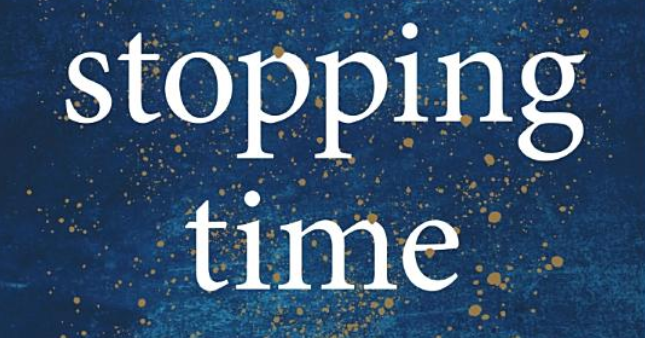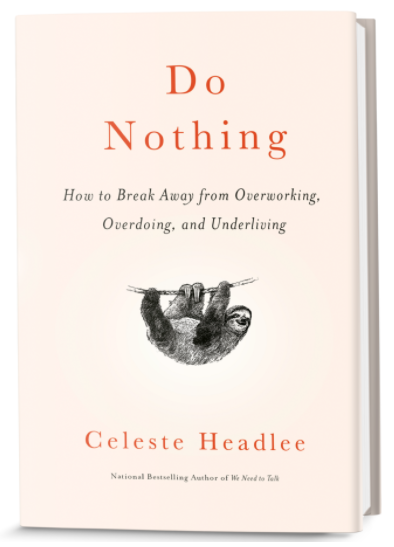Five Unfailingly Effective Ways to Nail Your Goals

Ever felt like your goals are mocking you from the pages of your planner? Fear not. Here are five surefire strategies to turn those taunts into triumphs.
1. Define It Like You Mean It
Before you do anything else, get crystal clear about what you’re chasing. “Get fit” sounds great but is about as clear as mud in a rainstorm. “Run a 5k in under 30 minutes by July” – now that’s a goal you can’t confuse. Specificity is your new best friend; treat it well.
2. Break It Down – Lego Style
Looking at your goal as one giant leap might seem as daunting as building the Death Star overnight. Break it down into manageable, bite-sized pieces. Just like Lego, assemble your goal piece by piece – run a little further each week, write a page a day, save a small amount regularly. Before you know it, you’ll have built your empire, or at least a really impressive Lego set.
3. Buddy Up
Everything’s better with friends, including goal smashing. Find a goal buddy who shares your vision or has an equally daunting task at hand. When the going gets tough, you’ll have someone to exchange motivational memes with and remind you why you started in the first place.
4. Track and Celebrate
What gets measured gets done. Keep a log of your progress, no matter how small. Celebrate the little victories; they add up. Finished a week of workouts? Treat yourself to that new protein shake you’ve been eyeing. Each small celebration fuels your motivation for the next leg of the journey.
5. Flexibility Is Not Just for Yoga
Sometimes, despite our best plans, life throws us a curveball. Be willing to adapt your plan. Can’t run outside because of a blizzard? Maybe it’s time to befriend the treadmill. Flexibility in your approach will help you overcome obstacles without losing sight of your goal.
In Conclusion
Achieving goals isn’t just about brute force; it’s a blend of clarity, planning, camaraderie, celebration, and adaptability. With these five strategies in your arsenal, you’re well on your way to turning your goals from distant dreams into today’s achievements. Remember, the only way to eat an elephant is one bite at a time. Not that we’re suggesting you eat an elephant – they’re much better as friends.



